The Internet of Everyday Things (IoET) is rapidly transforming modern workplaces by integrating digital connectivity into everyday objects. This shift is enhancing operational efficiency and redefining job roles across industries. From advanced manufacturing floors to smart agricultural practices, IoET technologies are proving pivotal in streamlining processes and improving decision-making through real-time data.
In 2023, the IoET landscape has been marked by significant advancements and broader adoption across various sectors. Prominent among these is the integration of 5G technology, which has greatly enhanced the capacity and speed of IoT networks, enabling more devices to connect and interact seamlessly. This development is crucial for industries that depend on real-time data transfer and processing, such as manufacturing and logistics.
Additionally, the use of edge computing in IoT setups is gaining traction. This technology processes data near its source, minimizing latency and reducing the reliance on central data centers. Such capabilities are vital in sectors like manufacturing and healthcare, where immediate data processing can significantly affect operational outcomes.
Sustainability and environmental monitoring have also emerged as key drivers of IoET initiatives. European legislation now requires companies to report on various sustainability metrics, which has spurred the adoption of IoET solutions to monitor and manage resource usage, such as energy and water, and to track environmental impacts like greenhouse gas emissions.
Another area of rapid development is IoT cybersecurity. As the number of connected devices increases, so does the potential for cybersecurity threats. In response, there is a growing emphasis on developing robust security frameworks for IoT devices, with many companies now incorporating advanced cybersecurity measures at the design stage of IoT products.
The future of IoET promises even greater integration into daily life and work, with ongoing research and development focused on enhancing the interoperability of IoT systems across different platforms and industries. This integration is expected to drive further innovations and efficiencies, fundamentally changing how we interact with technology on a daily basis.
For professionals and businesses, understanding and leveraging the potential of the Internet of Everyday Things is becoming crucial for staying competitive in a rapidly evolving digital landscape.

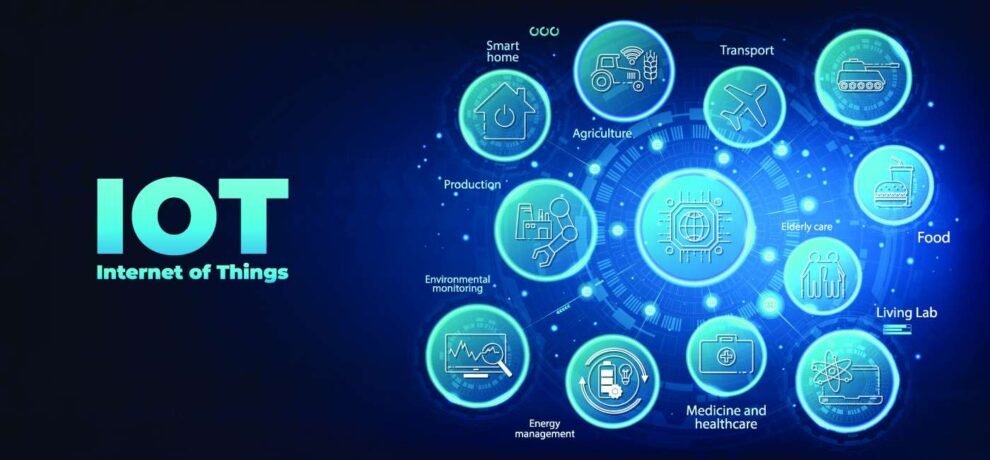
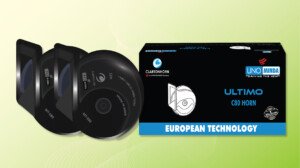
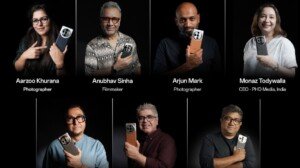
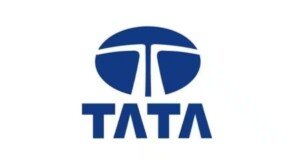
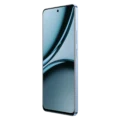




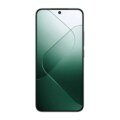


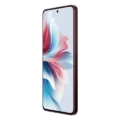
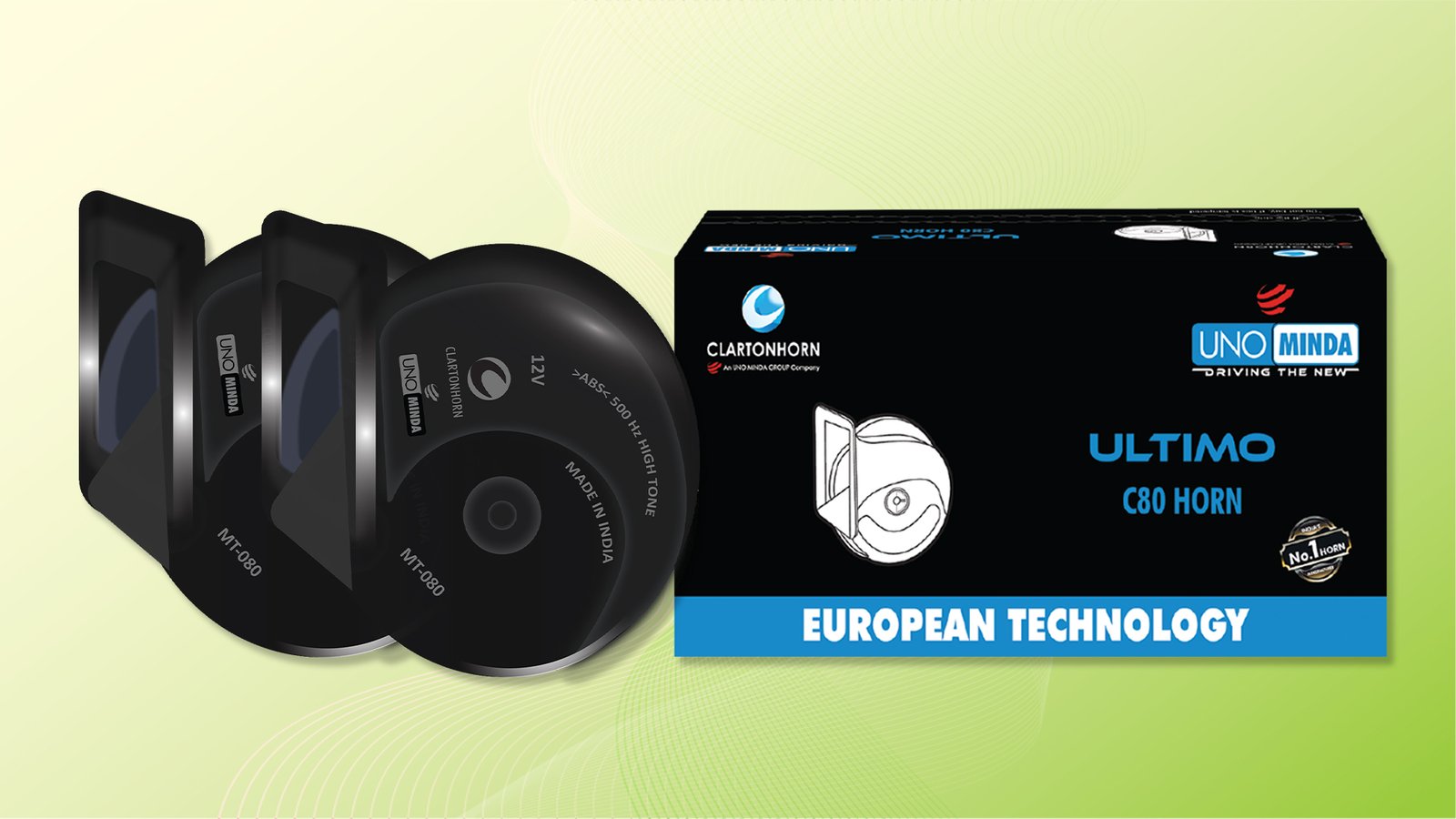
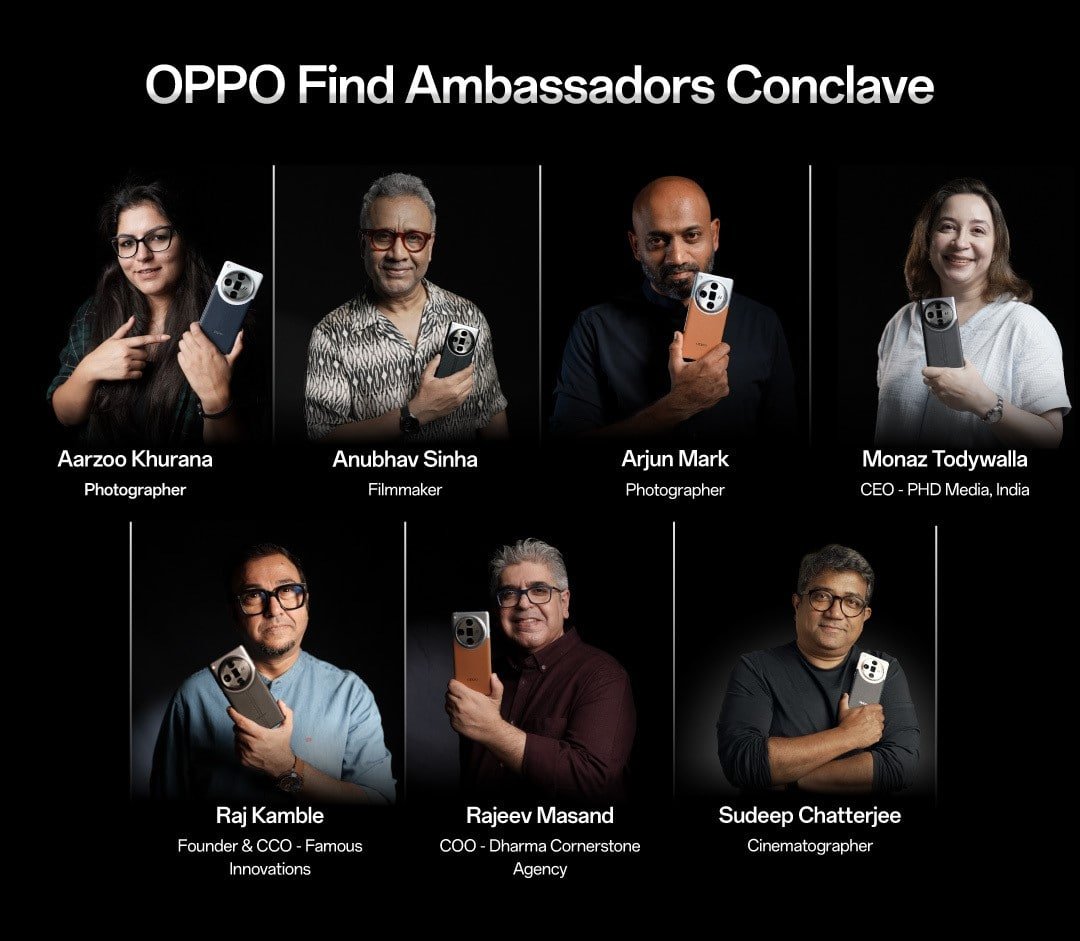
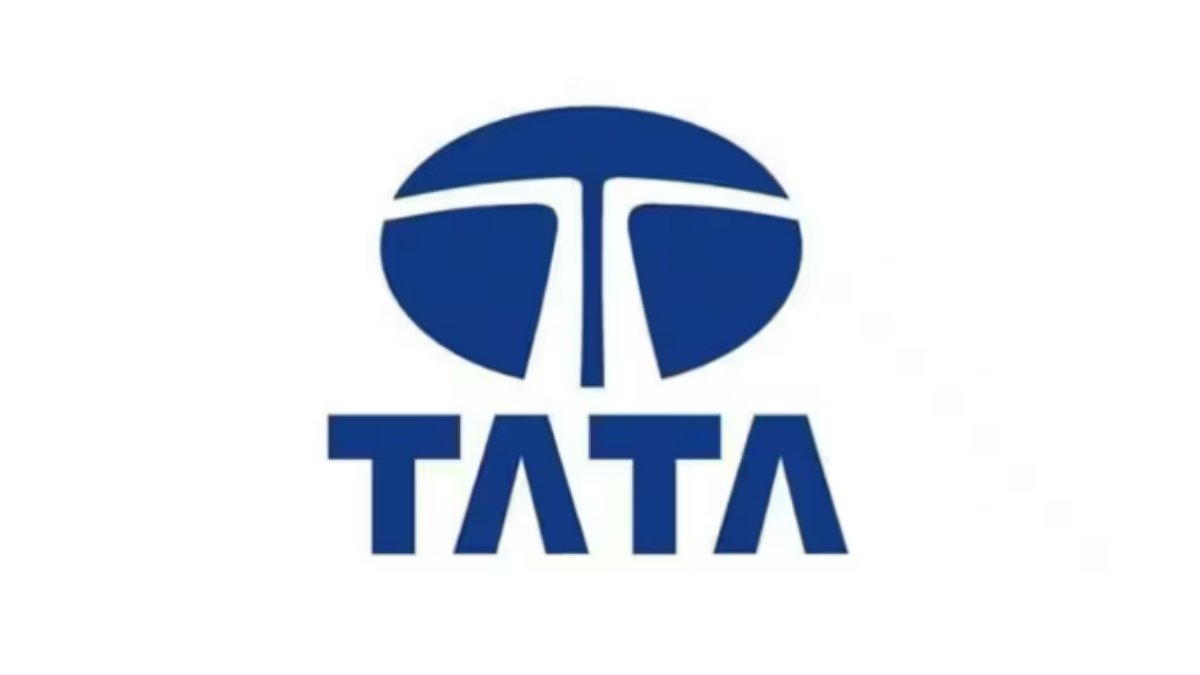


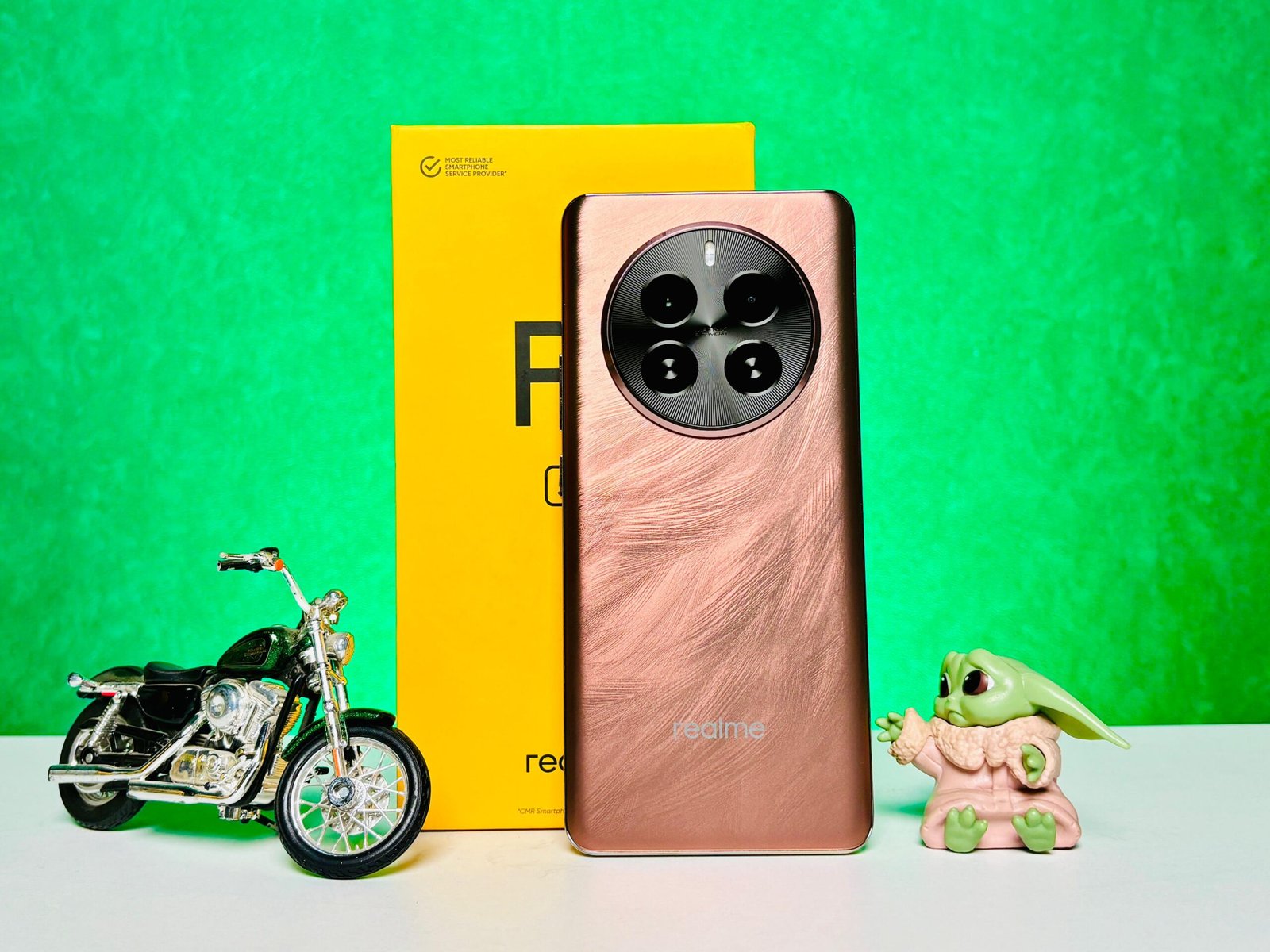
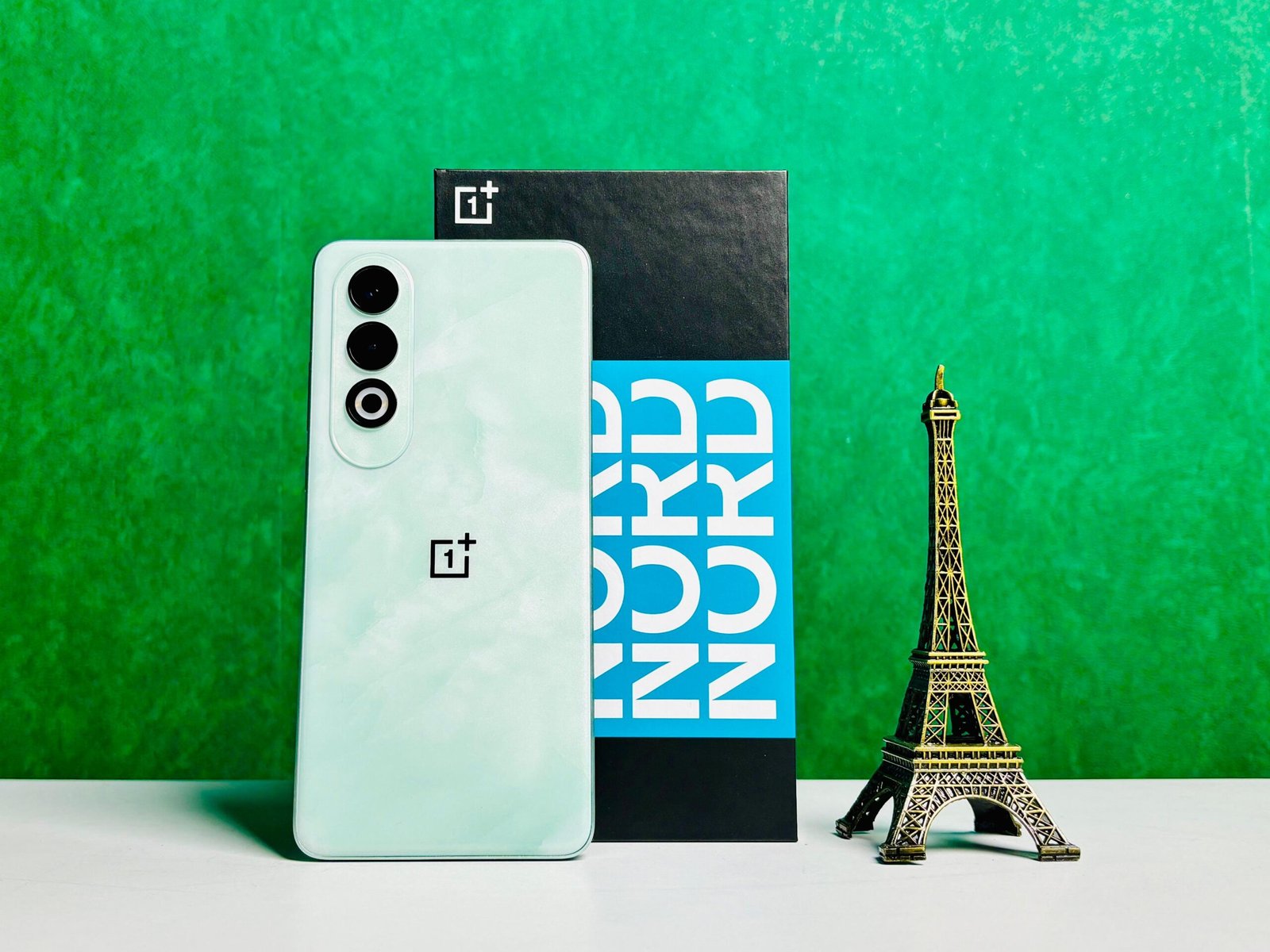
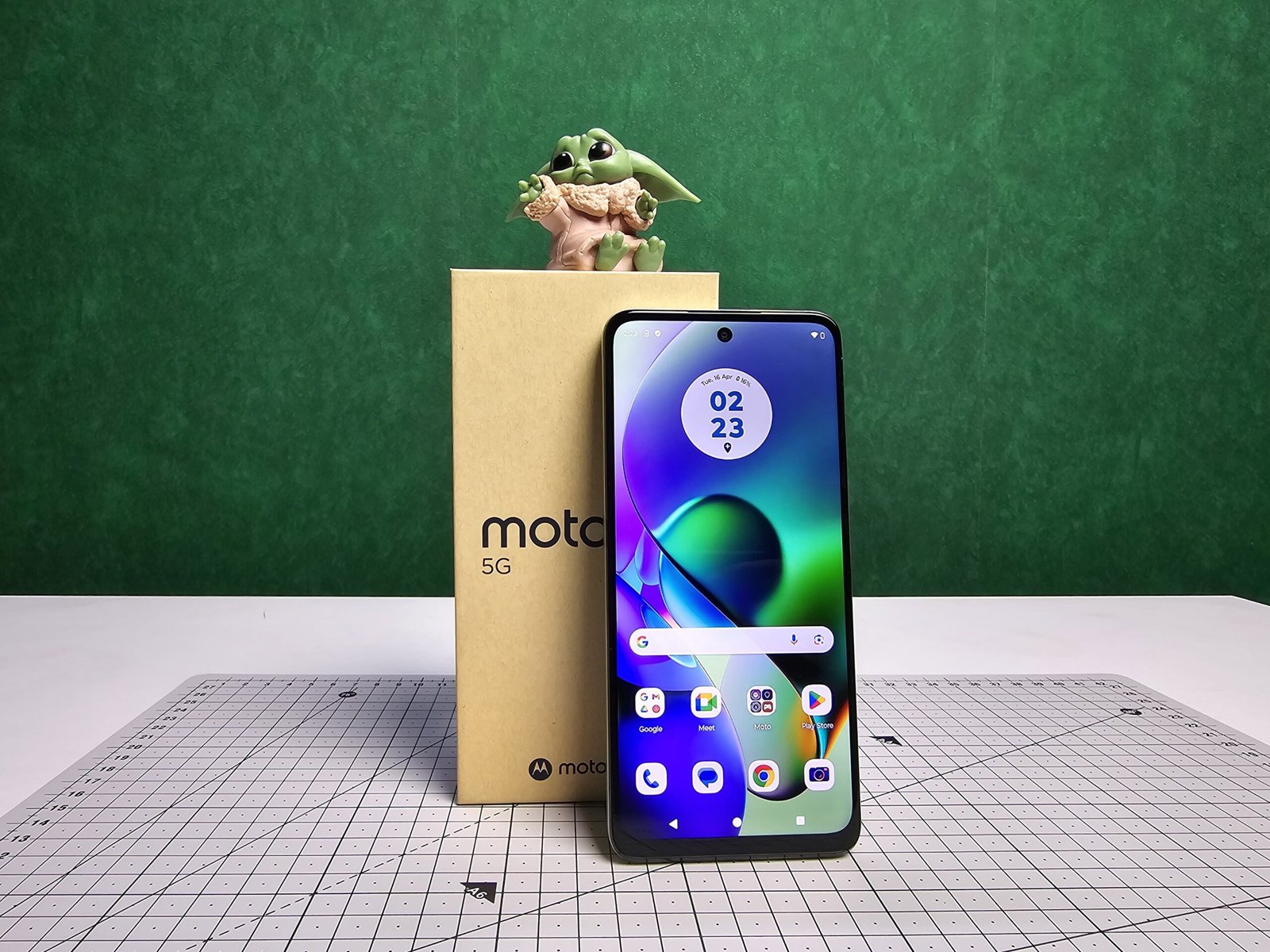
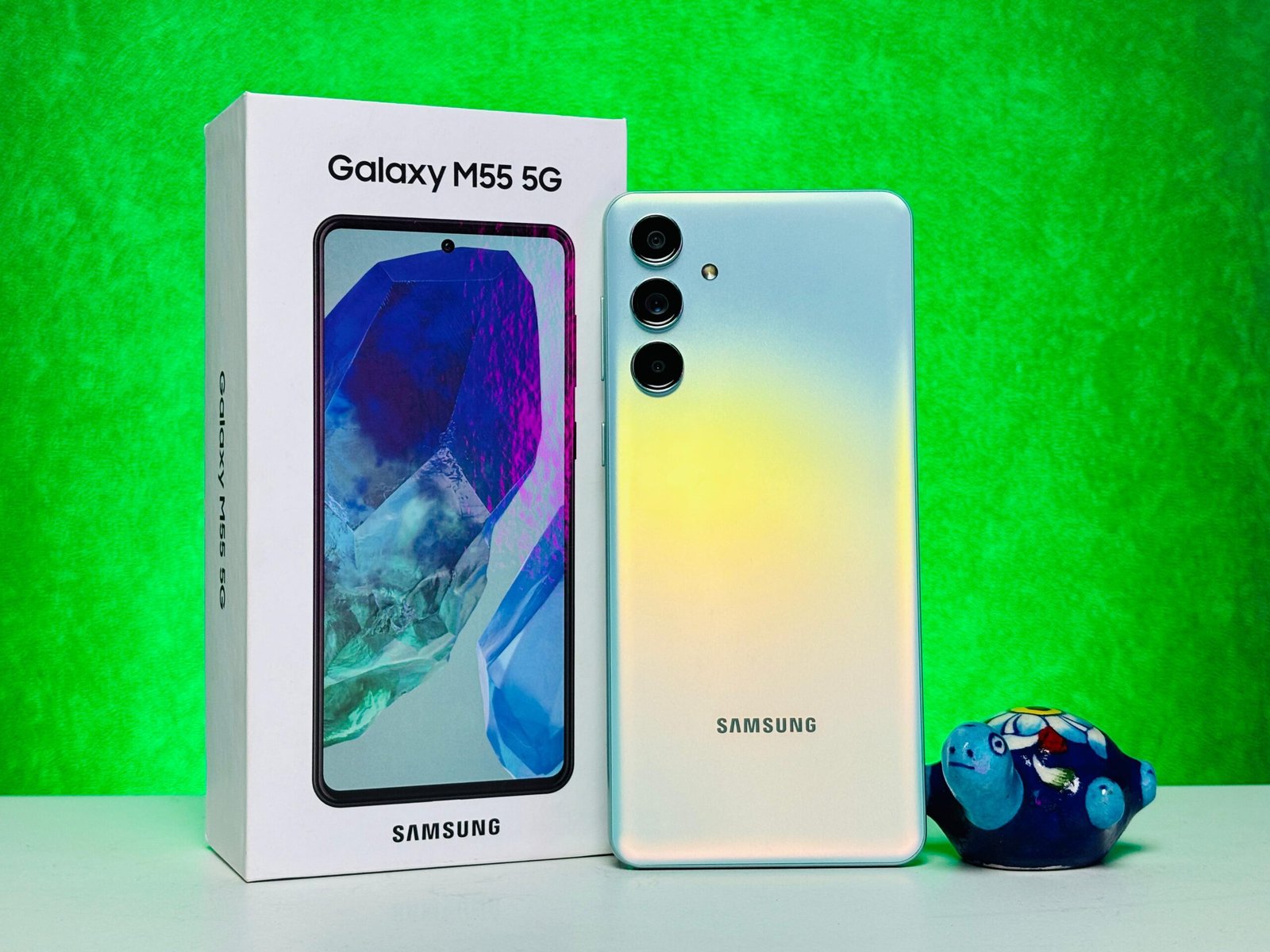
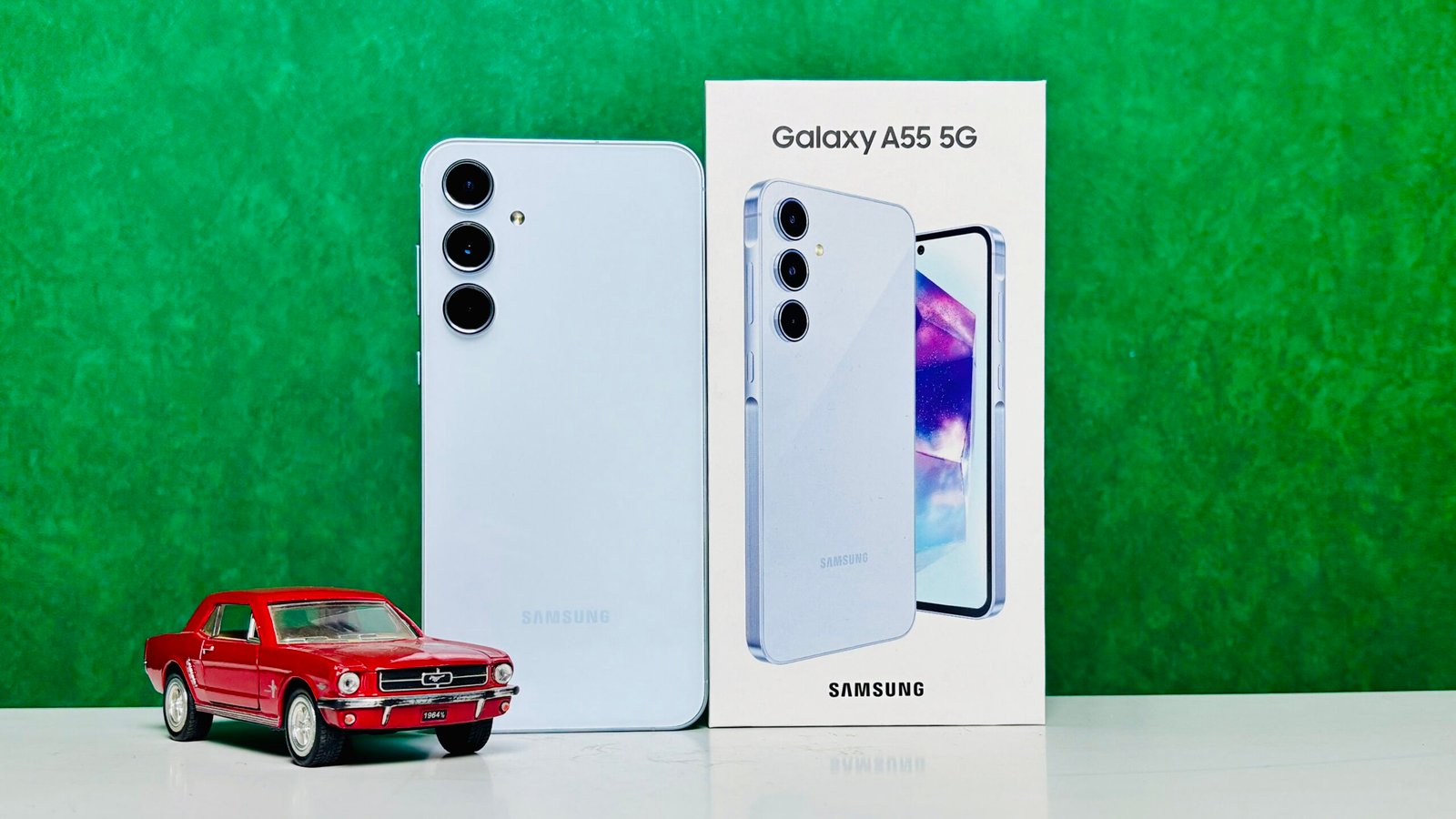
Add Comment